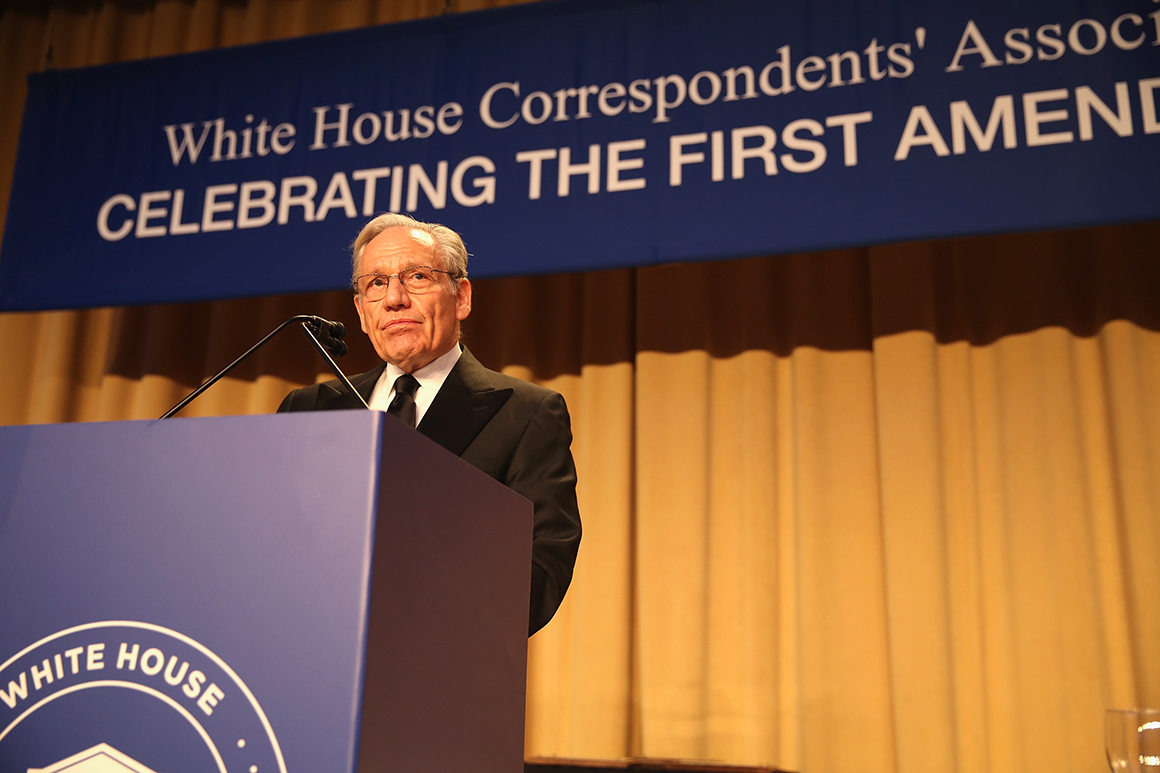woolfe9998
Lifer
- Apr 8, 2013
- 16,210
- 14,186
- 136
Implied yes, but I till think it is useful to make things explicit.
As to your latter point, I disagree. In this case, the presumption is based on an extensive history of posting in such a fashion. This is similar to the presumption that Trump was a risk with regards to the nuclear launch codes near the end of his presidency.
Any time I find myself reaching to set expectations for others, I try to look at myself and see if those expectations are reasonable for me. If I do that with your stated expectations, I don't think it's a standard I meet and not because I'm a partisan hack. It's fair to question motives and ask for logic, but there need not be special circumstances for that to be reasonable.
Yes, we don't agree. Let me provide an example of what I mean. John Bolton is not someone I generally trust, but I do trust observations of his regarding Trump, because he came out against Trump against his own interests. He may have written a book and gotten paid, but he risked being cast out of his political tribe for coming out against Trump. Furthermore, he tried to blame democrats for Trump's bad behavior, meaning he never stopped being a partisan hack even after he criticized Trump. Those facts bolster the credibility of his statements against Trump.
So there's a situation where I would credit certain things a person says but not others. But I have given logical reasons why. If I had just accepted whatever Bolton said about Trump after calling the man a liar and douchebag 50 times, then the logical assumption would be that I simply choose to credit a source whenever the source tells me what I want to hear, but will not credit the source when he's saying something I don't want to hear.
If you're going to selectively credit a source, believing the source sometimes and not others, you best explain why different statements should be evaluated differently, or you deserve the charge of inconsistent logic and hypocrisy.




